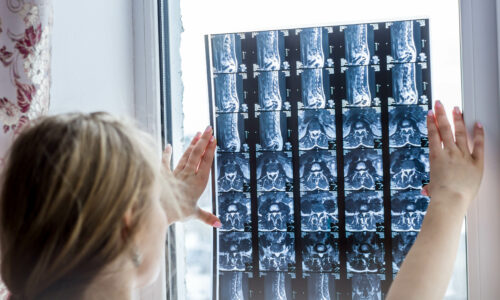Speak to a member of our team and find out if you could be entitled to compensation.
CALL 0800 083 5500

The Pre-Action Protocol (PAP) establishes a process and timetable for the exchange of information relevant to a clinical negligence claim. This is to encourage exploration of early resolution, minimising stress for both patients and healthcare providers and avoiding unnecessary litigation.
Before diving into legal action, your solicitor will gather all the information that could prove relevant to your case. You have the right to request your medical records from the healthcare provider(s) involved. This is crucial for establishing the timeline of events and potential breaches in duty of care. At Blackwater Law, our specialist team can assist by obtaining your medical records on your behalf before commencing your clinical negligence claim.
Once medical records are obtained, your solicitor may send a Letter of Notification. This informs the healthcare provider(s) that an investigation is underway into a potential claim for clinical negligence and if any early allegations of negligence have been identified. This is not mandatory, but it can open communication channels between your legal representative and the healthcare provider, and potentially lead to an early settlement.
If the Letter of Notification does not resolve the issue, the next step is a formal Letter of Claim. This document, drafted by your solicitor, details the specific allegations of negligence that have been identified in our investigation, the injuries suffered, and the legal basis under which compensation is sought. It triggers the PAP process and starts the clock for the healthcare provider(s) to respond. This is usually drafted after expert evidence from an independent medical expert has been obtained to identify any alleged negligence.
The healthcare provider has four months to respond to the Letter of Claim. Upon receipt, they can:
Blackwater Law medical negligence solicitors acted for Mr L in a medical negligence claim in the High Court after he was misdiagnosed. The misdiagnosis meant he went on to suffer a serious stroke-causing life-limiting disability.

Before court proceedings, you and your solicitor may want to consider alternative dispute resolution (ADR) methods like mediation or expert determination. These can be faster, cheaper, and less stressful than litigation. However, they require both parties’ consent and may not be suitable for all cases.
Navigating the PAP is a difficult process, due to the complex nature of clinical negligence claims. Consulting a specialist clinical negligence solicitor is essential. Our team of specialists at Blackwater Law can advise you on the merits of your case, act on your behalf to guide you through each step and represent you effectively.
Blackwater Law can offer free initial advice and support towards making a medical negligence claim, with no obligation to proceed if you decide it’s not right for your case. Get in contact today to find out more.
The PAP is a valuable tool for streamlining clinical negligence claims. By understanding the stages and seeking legal advice, you can make informed decisions and pursue justice efficiently.